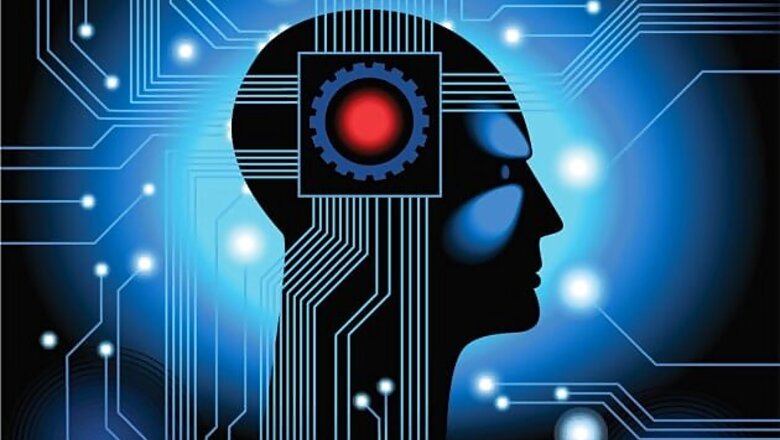
views
London: Researchers have designed an online crossword-solving application based on artificial intelligence that could make machines better at understanding language.
The system, which is freely available online, uses artificial neural networks to answer standard crossword clues better than existing commercial products specifically designed for the task.
"Despite recent progress in AI, problems involving language understanding are particularly difficult, and our work suggests many possible applications of deep neural networks to language technology," said one of the study authors Felix Hill from the University of Cambridge.
"One of the biggest challenges in training computers to understand language is recreating the many rich and diverse information sources available to humans when they learn to speak and read," Hill noted.
In tests against commercial crossword-solving software, the system, designed by researchers from Britain, US and Canada, was more accurate at answering clues that were single words ('culpability' - guilt), a short combination of words (e.g. 'devil devotee' - Satanist), or a longer sentence or phrase ('French poet and key figure in the development of Symbolism' - Baudelaire).
The system can also be used as a 'reverse dictionary' in which the user describes a concept and the system returns possible words to describe that concept.
The researchers used the definitions contained in six dictionaries, plus Wikipedia, to 'train' the system so that it could understand words, phrases and sentences - using the definitions as a bridge between words and sentences.
The results, published in the journal Transactions of the Association for Computational Linguistics, suggest that a similar approach may lead to improved output from more general language understanding and dialogue systems and information retrieval engines in general.
"Over the past few years, there's been a mini-revolution in machine learning," Hill said.
"We're seeing a lot more usage of deep learning, which is especially useful for language perception and speech recognition," Hill noted.
Deep learning refers to an approach in which artificial neural networks with little or no prior 'knowledge' are trained to recreate human abilities using massive amounts of data.



















Comments
0 comment